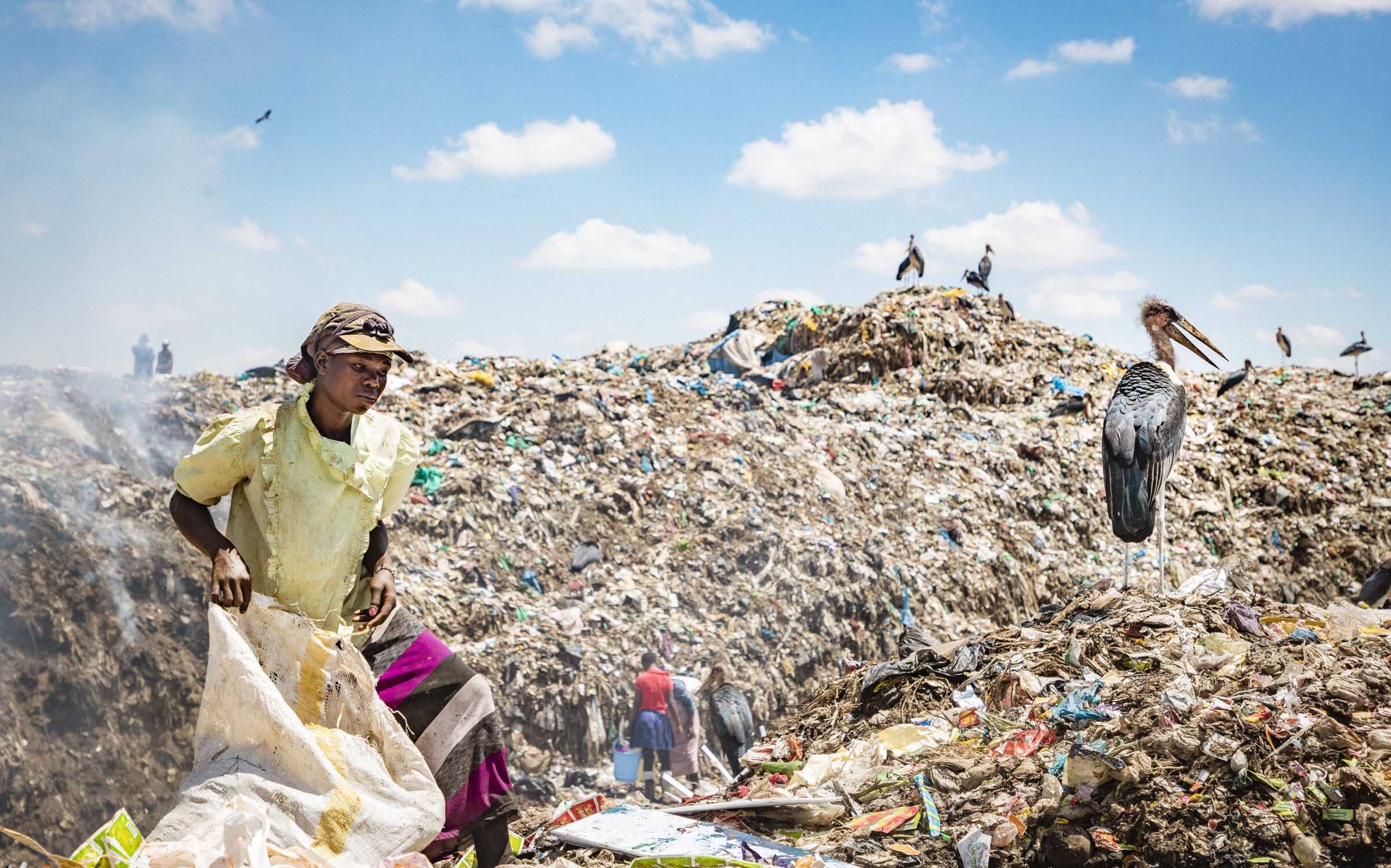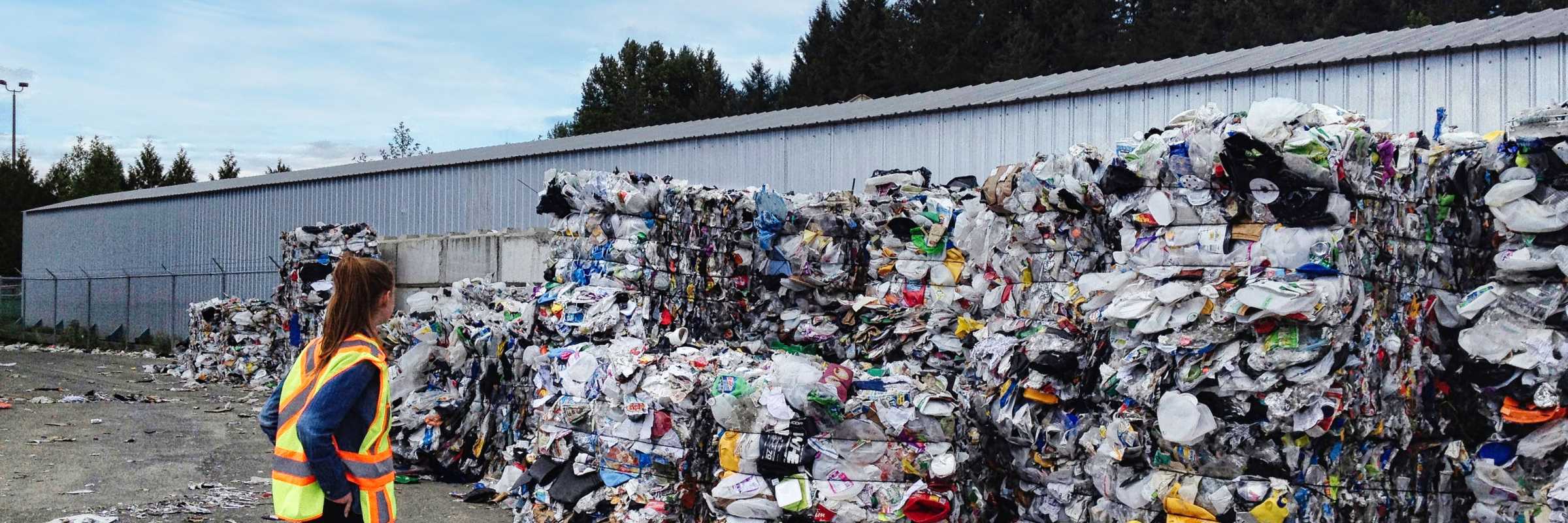That waste is not good and right has been known for years, yet the problem not only persists but has long since become detrimental to all.
By decision of the United Nations General Assembly, proclaimed during its seventy-seventh session last 14 December, 30 March therefore becomes World Day against Food Waste and Loss (International Day of Zero Waste).
Some of the reasons why waste and wastefulness are harmful and need to be addressed:
- Every minute, the equivalent of a truckload of plastic waste is dumped into the ocean.
- If food loss and waste were a country, it would be the third largest source of greenhouse gas emissions.
- More than 75% of all e-waste is not safely managed.
- Resource extraction is responsible for half of the world's carbon emissions.
- The amount of municipal solid waste generated globally could increase from about 2.24 billion tonnes to 3.88 billion tonnes by 2050.
This is why a 'zero waste' approach is necessary: it can promote sound waste management, minimise and prevent waste. This contributes to reducing pollution, mitigating the climate crisis, conserving biodiversity, enhancing food security and improving human health.
Image

Come possiamo contribuire e fare la differenza: dal modo in cui viaggiamo, all'elettricità che usiamo, al cibo che mangiamo e agli oggetti che compriamo.
Ecco un rapido elenco di buone pratiche generali:
- Riduci, riutilizza, ripara e ricicla
- Risparmia energia e scegli fornitori da energie rinnovabili
- Cammina, spostati in bicicletta o con i mezzi pubblici
- Scegli bene come viaggiare, ad esempio preferendo mezzi alternativi all'aereo, dove possibile
- Passa a un veicolo elettrico (auto, scooter, monopattino) appena ti è possibile
- Mangia più verdure e meno carne
- Non sprecare il cibo e l'acqua
- Scegli saggiamente i tuoi acquisti, fai in modo che i soldi che spendi acquistino un valore non solo economico, ma di impatto positivo sul mondo in cui vivi e viviamo
- Parla delle buone pratiche con i tuoi amici, conoscenti e persone a cui vuoi bene
Ogni passo in meglio significa un presente e un futuro migliori.




